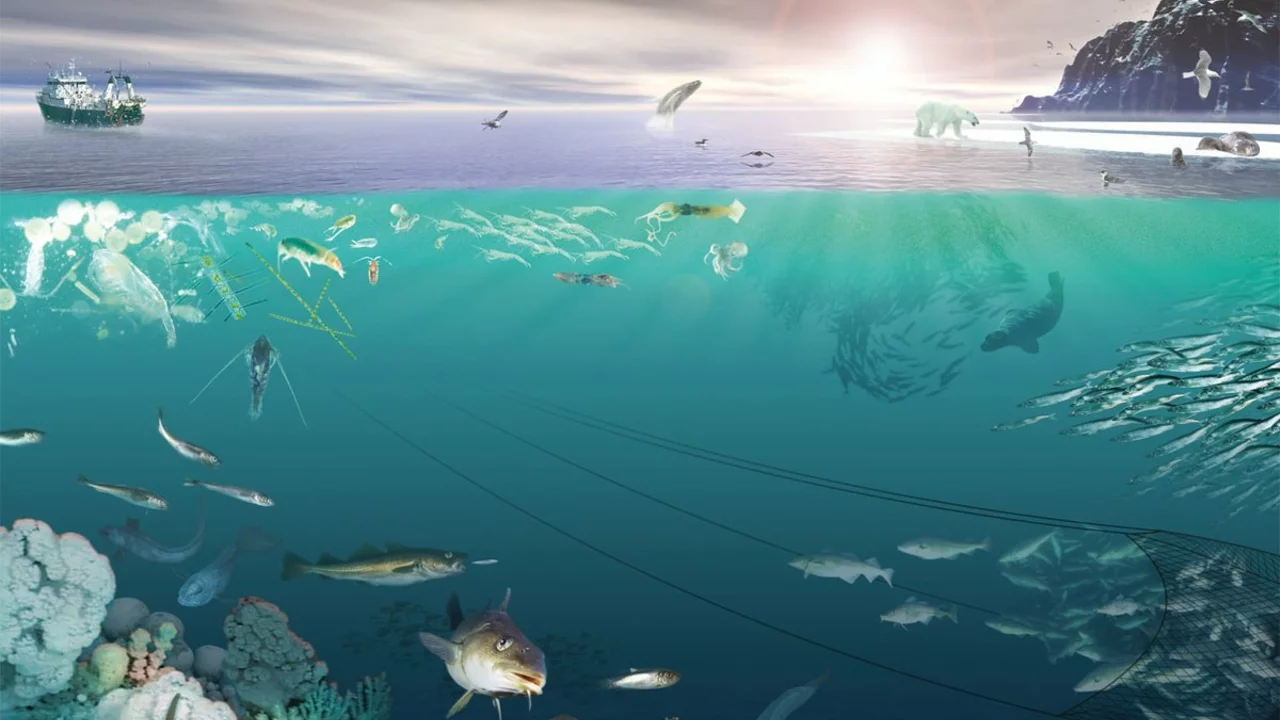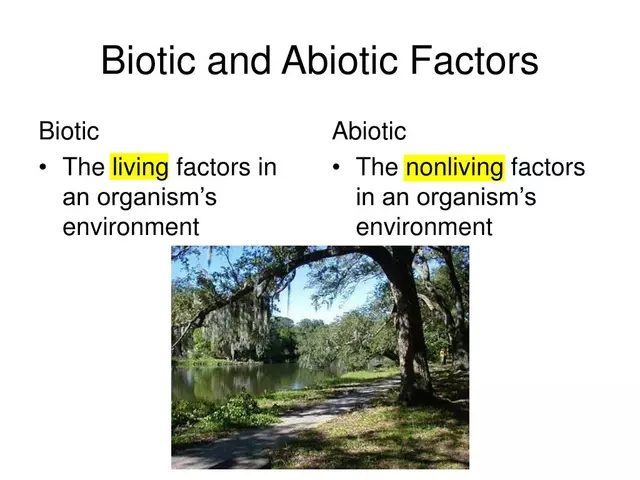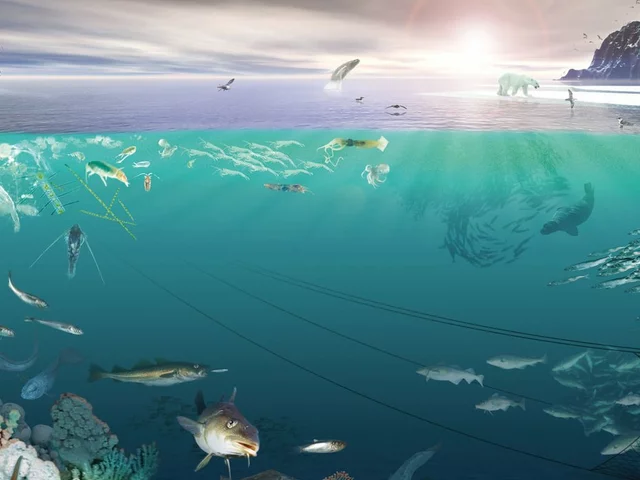
What abiotic factors are found in the ocean?
Introduction to Abiotic Factors in the Ocean
As an ocean enthusiast, I've always been intrigued by the vastness and diversity of life beneath the waves. But have you ever stopped to ponder what factors actually influence this underwater biodiversity? Well, it's not just about the fish, coral reefs, or whales. There's an entire world of abiotic factors - non-living physical and chemical elements - that play a crucial role in the ocean's ecosystem. These abiotic factors can be as obvious as sunlight and temperature or as subtle as the concentration of certain minerals in the water. Let's dive deeper into the ocean's abiotic factors and explore their impact.
The Role of Temperature in Marine Life
Temperature is one of the most significant abiotic factors in the ocean. The temperature of ocean water varies based on depth and proximity to the equator, which in turn affects the types of organisms that can survive in these conditions. Near the surface where sunlight penetrates, water is warmer and fosters a rich biodiversity. As we descend into the depths, the temperature drops, making it a challenging environment for marine life. However, organisms like the giant squid and anglerfish have adapted to these frigid conditions. It's the temperature variations that make the ocean a home to such a diverse range of species.
Sunlight: A Source of Life and Energy
The sun's rays are vital for marine life. Sunlight penetration in the ocean is a crucial element that determines the photosynthetic activity of marine plants and algae. These, in turn, form the base of the ocean's food chain. In the euphotic zone, where sunlight reaches, life thrives. However, as we move deeper into the twilight and midnight zones, sunlight diminishes, and so does photosynthetic life. But this doesn't mean life is absent in these regions. Certain organisms have unique adaptations to survive in these low-light conditions, showcasing nature's incredible adaptability.
Salinity and Its Influence on Ocean Habitats
The saltiness or salinity of seawater is another significant abiotic factor in the ocean. Salinity affects the water's density, which influences ocean currents and the distribution of marine life. More saline water tends to sink, causing water movement that can distribute nutrients around the ocean. Furthermore, different species of marine life have different salinity tolerance levels. For example, organisms in the open ocean have adapted to high salinity levels, while those in estuaries, where freshwater and seawater mix, can tolerate lower salinity.
Pressure: An Underestimated Abiotic Factor
While pressure might not be the first thing that comes to mind when we think about abiotic factors, it's a significant player in the ocean. The further you dive into the ocean, the greater the pressure becomes, increasing by one atmosphere every 10 meters. This intense pressure can be lethal for most organisms. However, deep-sea creatures have evolved incredible adaptations to survive under such extreme conditions, from flexible bones to slow metabolic rates.
The Impact of Nutrients on Marine Ecosystems
Last but certainly not least, let's talk about the role of nutrients in the ocean. Nutrients like nitrogen, phosphorus, and iron are essential for the growth of phytoplankton, the primary producers in the ocean food chain. These nutrients usually come from river runoff, upwelling from the deep, and atmospheric deposition. However, areas with nutrient deficiency, known as oligotrophic regions, are often low in biodiversity. In contrast, eutrophic areas, rich in nutrients, are biodiversity hotspots. But too much nutrient input can also lead to problems, like harmful algal blooms. Therefore, nutrient balance is key to a healthy ocean ecosystem.





Write a comment